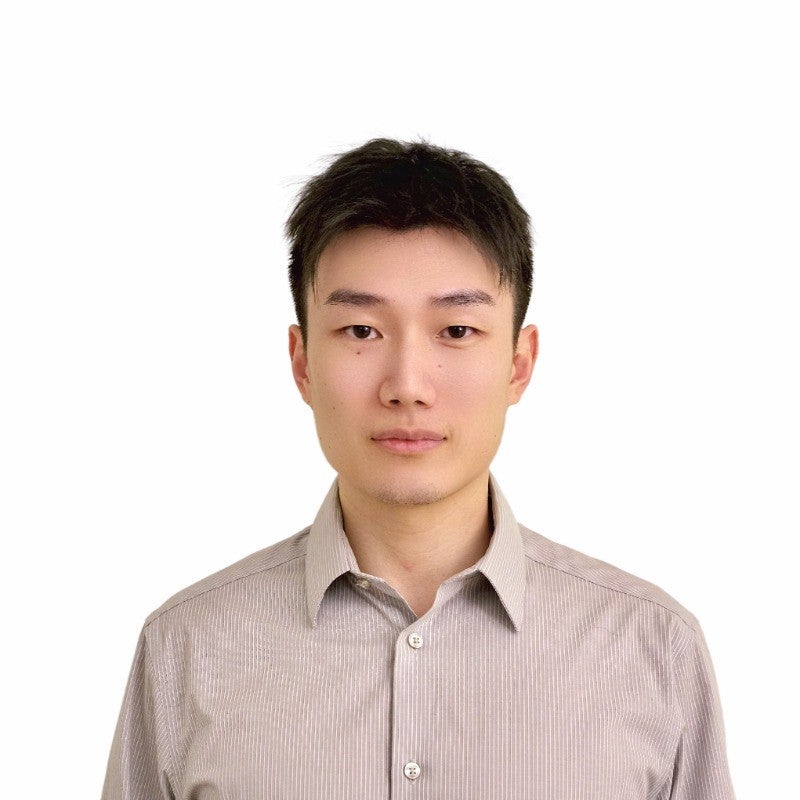Dr. Max Yang is the controller lead in the Thermal Energy Conversion branch at NASA Glenn
Research Center (GRC) where he leads the research and development of flight controllers for
dynamic power conversion machines for space applications. More specifically, he main role
includes 1) studying effects of control circuit elements on the stability of the free-piston Stirling
power generators and electrical properties of the generators and 2) leading the development of
the flight controllers for the free-piston Stirling power generators for space applications
including, but not limited to, flyby and planetary missions for NASA. At NASA, he wrote two
Early Career Initiative (ECI) proposals as the principle investigator (PI) and many conference
papers, and received a Test Team award, On-The-Spot Group award, and a Best Branch Paper
award. Before joining NASA in 2018, he was a Ph.D. student at the University of Michigan (U
of M), Ann Arbor, where he primarily worked on analyzing the effects of temperature and
mechanical stress on the performance of Microelectromechanical system (MEMS)
accelerometers and gyroscopes and their impact on position error in an inertial navigation system
(INS), and developing a new oven-controlled temperature and stress isolation packaging
technology for MEMS inertial sensors to improve the sensor performance in harsh environment
by reducing temperature- and stress-induced zero-rate outputs (ZRO), scale factor (SF) errors,
aging, and hysteresis through experiments and simulations. During his time at U of M, he wrote
one journal paper and multiple conference papers (one of which was nominated for the best
paper award), and received an AMD/Michigan student design competition award and an NASA
Postdoctoral Program (NPP) Fellowship offer. He received a B.S. Summa Cum Laude with
honors in Electrical Engineering from the University of Texas at Dallas in 2012, and a M.S. and
a Ph.D. in Electrical Engineering from the University of Michigan, Ann Arbor in 2014 and 2019,
respectively.

